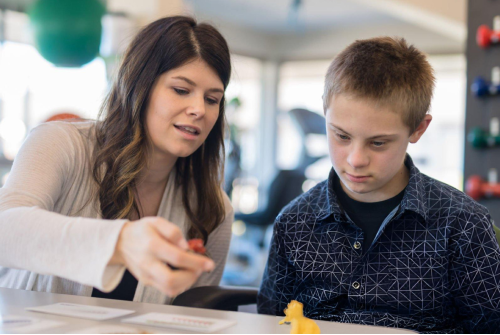
Why Is Autism Increasing?
As parents, we are naturally hyper-focused on our children’s development and health. Lately, it feels like the number of kids diagnosed with autism spectrum disorder (ASD) is skyrocketing. It’s a question many parents are asking: why is autism increasing? This dramatic rise in autism diagnoses has led to confusion, concern, and a desire to understand what is truly happening with this complex developmental difference. […]










